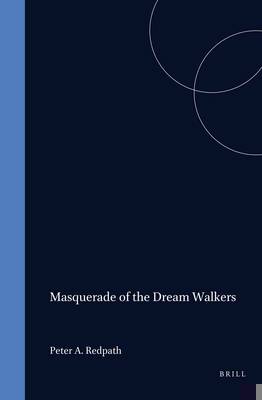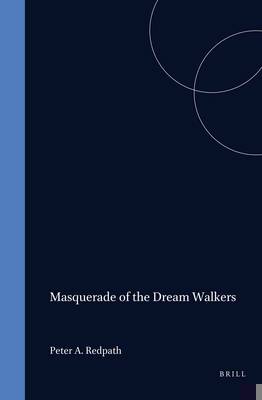
- Afhalen na 1 uur in een winkel met voorraad
- Gratis thuislevering in België vanaf € 30
- Ruim aanbod met 7 miljoen producten
- Afhalen na 1 uur in een winkel met voorraad
- Gratis thuislevering in België vanaf € 30
- Ruim aanbod met 7 miljoen producten
Zoeken
€ 273,45
+ 546 punten
Omschrijving
Through extensive textual analysis, this book concludes that the prevailing opinion about the nature of modern and contemporary philosophy is wrong. It maintains that almost all modern and contemporary philosophy is deconstructed, secularized, Augustinian theology, not philosophy. The work is divided into eight chapters, a guest Foreword by Herbert I. London (President of the Hudson Institute and Olin Professor of Humanities at New York University) notes, bibliography, and an index. Chapter 1 (Protagoras Sees the Ghost of Hippo) considers Cartesian thought, Hobbes, and Newton. Chapter 2 (I Feel the Spirit Move Me) examines Locke, Berkeley, and Hume. Chapter 3 (The Urge to Emerge) investigates Lessing and Rousseau. Chapters 4 (To Dream the Impossible Dream) and 5 (Wake Up, Wake Up, You Sleepyhead) treat Kant. Chapters 6 (I Am Music) and 7 (Looking for God in All The Wrong Places) deal with Hegel. Chapter 8 (Dirty Dancing: Higher Education as Enlightened Swindling) concludes that a lack of philosophical and historical experience coupled with a widespread inability to read philosophical texts according to the intention of the author (1) causes us to mistake secularized theology for philosophy and (2) is a main cause for the decline of contemporary universities.
Specificaties
Betrokkenen
- Auteur(s):
- Uitgeverij:
Inhoud
- Aantal bladzijden:
- 348
- Taal:
- Engels
- Reeks:
- Reeksnummer:
- nr. 73
Eigenschappen
- Productcode (EAN):
- 9789042004023
- Verschijningsdatum:
- 1/01/1998
- Uitvoering:
- Hardcover
- Formaat:
- Genaaid
- Afmetingen:
- 155 mm x 230 mm
- Gewicht:
- 757 g

Alleen bij Standaard Boekhandel
+ 546 punten op je klantenkaart van Standaard Boekhandel
Beoordelingen
We publiceren alleen reviews die voldoen aan de voorwaarden voor reviews. Bekijk onze voorwaarden voor reviews.











